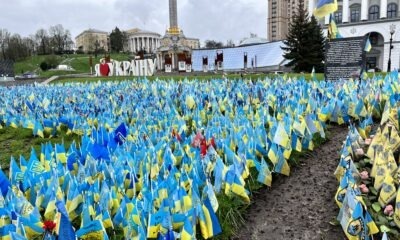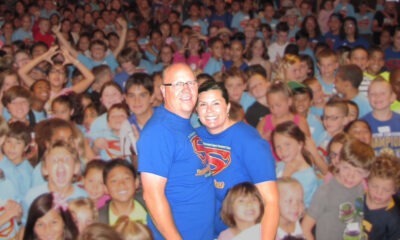Featured Articles
¿Son dignos del perdón?
Published
5 years agoon
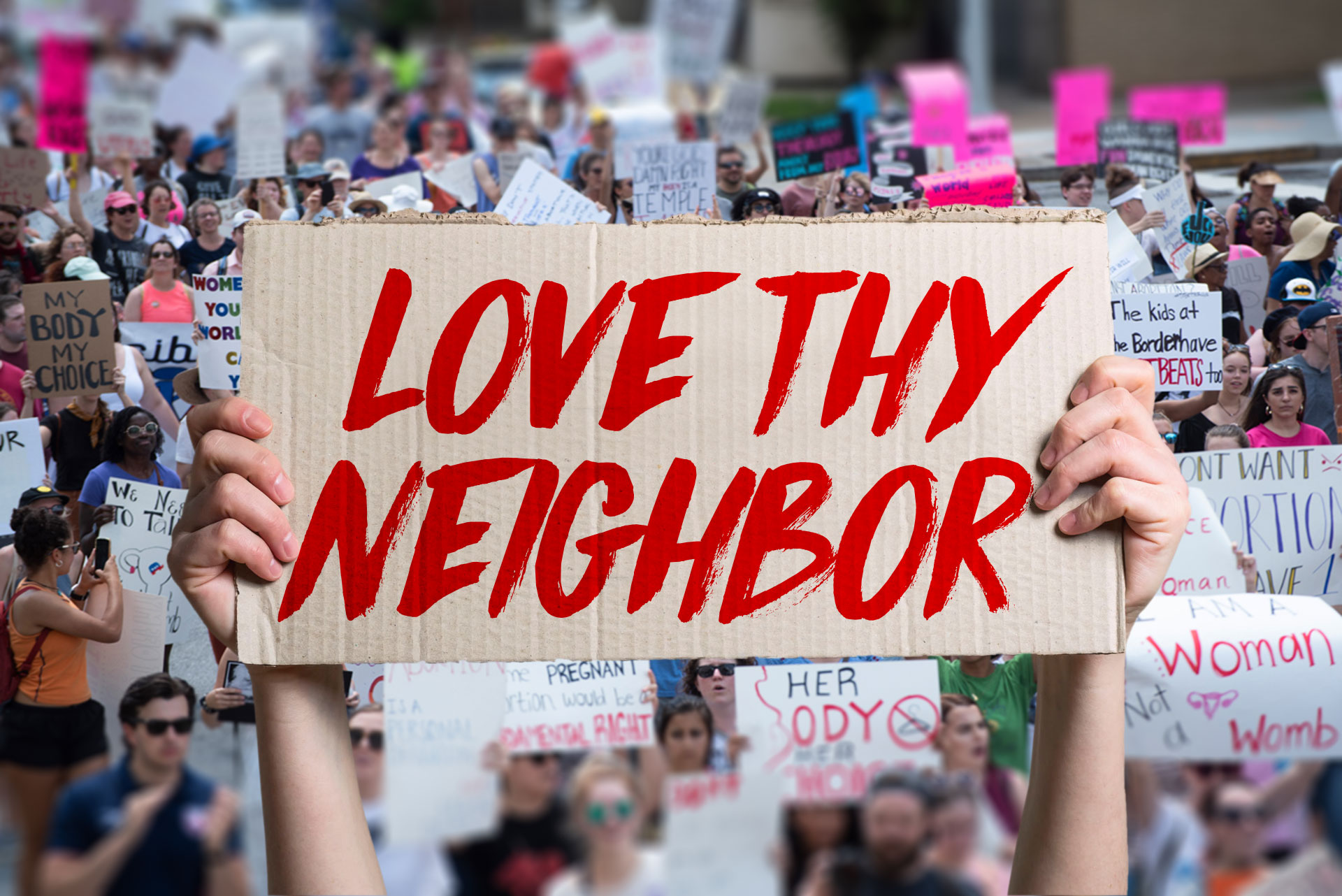
Por Savannah Marten
Hay momentos como creyentes que definen nuestro caminar con Cristo de una manera monumental como el momento en que recibimos el don de la salvación, nuestro bautismo o al recibir una palabra profunda del Señor que altera la forma en que vemos una situación. Todos estos “momentos Ebenezer” se destacan como monumentos en nuestro caminar con Cristo. Para mí, uno de estos momentos fue en 2017. Dirijo el Centro de Embarazo del Gran Toledo, un alcance centrado en Cristo a las mujeres que enfrentan embarazos no deseados. Nuestro ministerio estuvo en un local donado en un lugar único, justo al lado de la última instalación de aborto funcional de nuestra ciudad.
Al buscar la visión del Señor para este lugar, ahora llamado el Refugio, nos sentimos fuertemente inspirados a considerar el hecho de que, si bien había muchos programas increíbles para las mujeres que entraban en un centro de aborto, pocas estaban disponibles para las mujeres que estaban saliendo, las que habían tenido un aborto. El Señor nos recordó que es el mismo Dios para las mujeres que salen de un centro de aborto que para las mujeres que entran. Y así nos aferramos al tipo de Dios que se paraba en la puerta trasera de un centro de aborto con los brazos abiertos, listo y dispuesto a recibir a estas mujeres y hombres en sus brazos para darles sanidad, perdón y restauración.

Sin embargo, ahí no se detuvo el Señor. Un día durante la renovación de El Refugio, había quedado para limpiar después de que todos habían ido. Una de las oficinas tiene un hermoso ventanal, uno que merece una vista increíble, pero la vista por esta ventana resultó ser la puerta trasera del centro de aborto. Mientras barría el suelo, miré por la ventana y oí al Señor decir casi audiblemente: “Te traje aquí para enseñarte a amar a tu prójimo como a ti mismo”.
Me congelé, y lo dijo de nuevo: “Te traje aquí para enseñarte a amar a tu prójimo como a ti mismo”. Y así, la alfombra fue sacada de debajo de mí. El Señor no nos había traído a este lugar sólo para poder ministrar a mujeres y hombres que habían experimentado un aborto. Nos había traído aquí para llamar nuestra atención, y quería empezar conmigo.
En estos últimos años de trabajar en El Rufugio mi forma de pensar se ha desmoronado. Había entrado en esta obra porque me importaba desesperadamente la justicia por los no nacidos, que es el corazón de Dios. Pero como cualquier otra cosa, podemos construir nuestras ideas de amor, misericordia y justicia en torno a nuestra propia humanidad. Fue fácil apoyar mis convicciones provida solamente en la realidad de que es fácil luchar por los bebés pequeños en el útero. Esos preciosos bebés no son pecadores ni rotos. Pero ¿qué hay de la madre sentada en la silla de nuestra recepción de clientes en el Centro de Embarazo? Tal vez es una adicta; tal vez ella es una stripper; tal vez ella está queriendo tener un aborto porque ella simplemente no quiere ser incomodada. ¿Y qué hay del padre del niño? Tal vez esté sentado en el auto afuera, drogado. Tal vez esté presionando a la madre de su hijo para que aborte porque no quiere ser molestado. ¿Qué pasa con los hombres y las mujeres que ya habían tomado una decisión? ¿Y el personal del centro de abortos? Los que estaban al lado de nosotros eran groseros. Bailaron en el estacionamiento gritando obscenidades. Se presentaban todos los días para facilitar la misma cosa contra la cual estábamos luchando. Este tipo de persona es mucho más difícil de amar en nuestra humanidad.
Debo admitir que en 2017, cuando estaba en esa oficia, tenía una jerarquía de mis convicciones provida. Y ahora el Señor me hizo mirar al mismo lugar y a la gente a la que había atribuido el estatus de enemigo. Dios los llamó mi prójimo y me mandó amarlos. Desde entonces, hemos trabajado para fomentar relaciones increíbles con las mujeres que trabajan en el centro de aborto. Cuento a algunas de ellas como queridas amigas. Hace unos años, nos asociamos con una iglesia local y creamos algunos regalos de Navidad bastante extravagantes para las mujeres que trabajan en las instalaciones. Nos habíamos estresado acerca de cómo entregar esos regalos. ¿Cómo el personal de un Centro de Embarazo entrega regalos de Navidad al personal de un centro de aborto? El Señor nos dijo: “Llévalos como si llevaras un regalo a cualquier vecino”.
La pieza más grande que el Señor desmoronó de mi corazón y de los corazones de quienes trabajan y se ofrecen como voluntarios en el Centro de Embarazo fue el miedo. Creo que Jesús sabía por qué necesitaba usar el término específico, “vecino”. Vecino significa cerca de uno, y cuando nos acercamos a alguien es mucho más difícil atribuirle el estatus de enemigo a las personas con las que interactuamos y conocemos.

Esta jornada nos ha movido de un constructo humano provida a un constructo bíblico “pro-creación”, y es así de sencillo: Dios creó a cada persona en el vientre de su madre. Él está locamente apasionado por su creación y nos manda como sus seguidores a estar tan locamente apasionados por ellos en cada etapa de su desarrollo. La provida tradicional tiende a centrarse en el principio (la vida en el útero) y al final de la vida. Pro-creación dice que todas las cosas desordenadas en medio son igual de dignas de nuestro amor. Pro-creación toma el corazón de Jesús, que dejó su lugar cómodo en el cielo para nosotros. Sanó en el día de reposo, y no amó su propia vida hasta la muerte. Se fue a la bancarrota por la creación.
Lo realmente sorprendente es que estamos viendo el personal salir del centro de aborto. Vemos a más personas entrando por las puertas de Refugio, y vemos que el 98 por ciento de nuestros clientes en el Centro de Embarazo toman decisiones que confirman la vida. Pro-creación funciona. Tal vez para ti, no estás trabajando con mujeres o personal con mentalidad abortiva en un centro de aborto. Tal vez para ti sea un compañero de trabajo duro. Tal vez la situación de Covid o la tensión racial te ha hecho atribuir el estatus de enemigo a la gente. Tal vez es alguien que vota o adora de manera diferente. ¿Cómo es la pro-creación para ti? Por más cliché que suene, ¿qué haría Jesús? Claro, volteó mesas. Puso los sistemas patas arriba. Sin embargo, a medida que volteó mesas, no volteó a la gente. Por lo general cenaba con la gente, y lavaba los pies de la gente que era más difícil de amar. Eso, mis amigos son pro-creación.
Sobre el Autor

Savannah Marten se ha desempeñado como Directora Ejecutiva del Centro de Embarazo del Gran Toledo en Toledo, Ohio, desde 2016. El Centro alberga tres ministerios: una clínica médica limitada para mujeres y familias, atención después del aborto y Soul Purpose, un ministerio nacional que eleva a las mujeres en edad universitaria en su valor, mérito e identidad. Savannah trabaja con centros de embarazo en todo el país para ayudarlos a alcanzar el sueño de Dios para sus comunidades. Ella y su esposo, Ryan, asisten a CityLight Church, y la Iglesia Bíblica Abierta en Toledo, Ohio
Savannah apareció en la edición del 20 de abril de 2020 de Christianity Today.
Featured Articles
Burden Bearing in the Church: How We Can Do It Better
Published
2 months agoon
April 25, 2025By
Anne Beem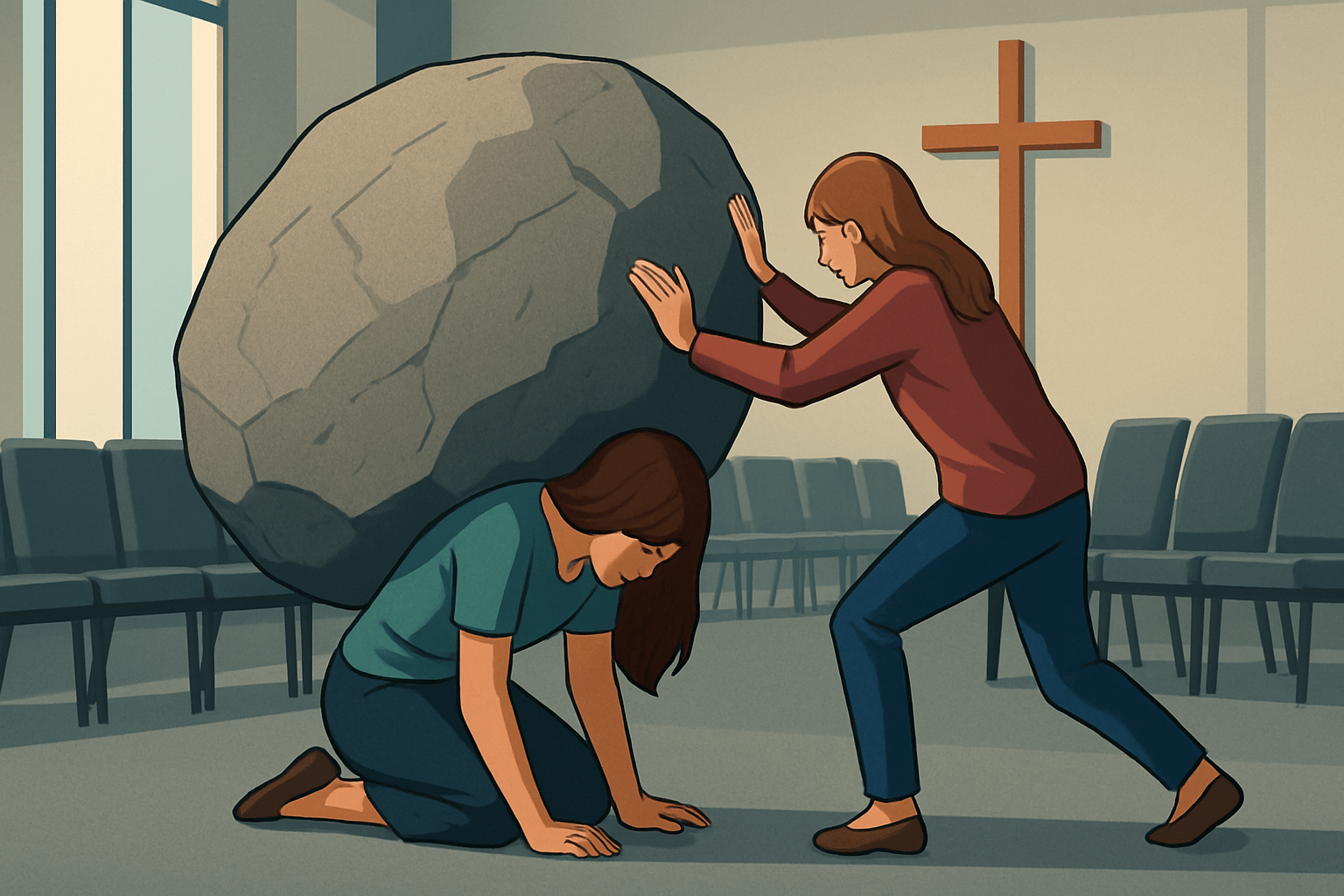
When my children were young, God asked me if I trusted Him with their testimonies. Having worked as a church counselor, I wish my immediate answer was “Of course, Lord!” But instead, my most honest answer was “No! I see what you do with people’s testimonies!” I knew that to have a testimony of God’s work in their lives, people had to first go through pain and turmoil. Allowing my children the pain necessary for a testimony was one of my biggest fears. It wasn’t until nearly fifteen years later that I was able to humbly change my answer.
I can recount hundreds of stories of God’s faithfulness to bring beauty from ashes as He promises in Isaiah: “To bestow on them a crown of beauty instead of ashes, the oil of joy instead of mourning, and a garment of praise instead of a spirit of despair” (61:3). That’s easily the most rewarding part of working for Jesus (whether in my role as counselor, disciple-maker, or friend). When someone has experienced healing from their trauma, restoration in a relationship, or forgiveness for themselves and others, I have taken a front row seat to the beauty of a testimony rising out of the ashes of life’s pain. These are the stories I keep tucked away in my heart for building hope when it seems all hope is lost. When life’s hardships make it easier to identify with Job’s despair than with Paul’s rejoicing, I need those stories of redemption to give me hope – to give others hope.
We try throwing scripture at pain from a distance, bandaging gaping wounds with platitudes.
It was when I had to find some hope to offer my daughter as she faced a devastating mental health diagnosis that my theology and mental health practice had a head-on collision in my very own home. God lovingly asked me again, as He has throughout the years, if I trusted Him with my children’s testimonies. I would be lying if I said my answer didn’t require both deep digging and anguished prayer. My hope was only in Him; I knew beyond a shadow of a doubt that God didn’t bring her this disease or its pain. That was part of the fall of man and its effects on creation – an enemy scheme. God didn’t promise my daughter wouldn’t face pain, but He did promise that when life brought it, He would use it for her good. He will shine His light in her darkness, use her healing to repair the breaches in others’ lives – all for His glory. I can finally wholeheartedly say that I do trust God with her testimony.
It is in these dark and scary places that the church often misses the mark. We aren’t well-equipped to bear one another’s burdens. We subconsciously worry that the dark places in others might consume us too. We try throwing scripture at pain from a distance, bandaging gaping wounds with platitudes. Burdens can’t be carried from an emotional distance.
Remember the places where the church has best served you in your brokenness. I think you will find that it was in relationship, when someone sat with you in your pain, either in silence or humbly asking questions rather than preaching or talking about their own unresolved pain. The only time Job’s comforters were doing a good job is when they sat silently in the ash heap with him. Sometimes being a silent witness in other’s suffering is the most sacred thing you can do. This simply cannot be done in the few minutes of an altar call or from an emotional distance. It’s not until we’ve proven we are driven by love and grace, without an agenda for behavioral change, that we will be trusted with the most imprisoning parts of a person’s story.
It’s not until we’ve proven we are driven by love and grace, without an agenda for behavioral change, that we will be trusted with the most imprisoning parts of a person’s story.
I’ll let you in on a secret: you don’t have to be the pastor or church counselor to help people walk in emotional and spiritual health. Most of the counseling I’ve done has been discipleship – teaching people the ”how-to’s” of the Bible: how to forgive, how to not be anxious for anything, how to break the power of lust, how to guard your heart in very practical, boots-on-the-ground ways. And yet, if you don’t understand how to apply biblical principles to your own emotional health, you won’t be comfortable in the dark and scary places of others’ struggles. Matthew Henry’s commentary on Galatians 6 says it well: “The better we know our own hearts and ways, the less shall we despise others, and the more be disposed to help them under infirmities and afflictions.” If you aren’t sure how to help others in their pain, being a silent, praying witness is a great place to start. In that silent place, collect the promises of God from scripture. Get to know His character and His love for His people. When you yourself can trust God’s unfailing goodness, you will be able to pass it on to others. Isaiah and Ephesians are great places to start this treasure hunt.
We need to become a people that know how to get our hands dirty and apply the mud of scripture to the eyes of each other’s hearts in a way that invites restoration. We need to know where to find the keys that set the prisoners free. As individuals and as church bodies, we can help others apply the “how to’s” of scripture. I LOVE when churches teach Financial Peace along with praying for financial breakthrough. I LOVE when churches have recovery programs that walk spiritual captives through steps of freedom. I LOVE when churches teach boundaries and healthy relationship skills. I LOVE when churches have connections with community health programs that treat the whole triune person: mind, spirit, and body. I don’t believe medication minimizes one’s faith; oftentimes, it gives a person the boost they need to come to the starting line of the race we’re all trying to run for the kingdom. It can be a necessary tool in applying scripture to their lives.
We all know that hurt people hurt people, but what’s even more powerful is the mustard seed growth of watching healed people heal people. A person who has learned to apply the gospel of Jesus to their own dark and scary places is the person who is best able to shine His light for another. When it comes to the integration of mental health and spiritual health in the Church, that is the aspect which excites me more than anything.
About the Author
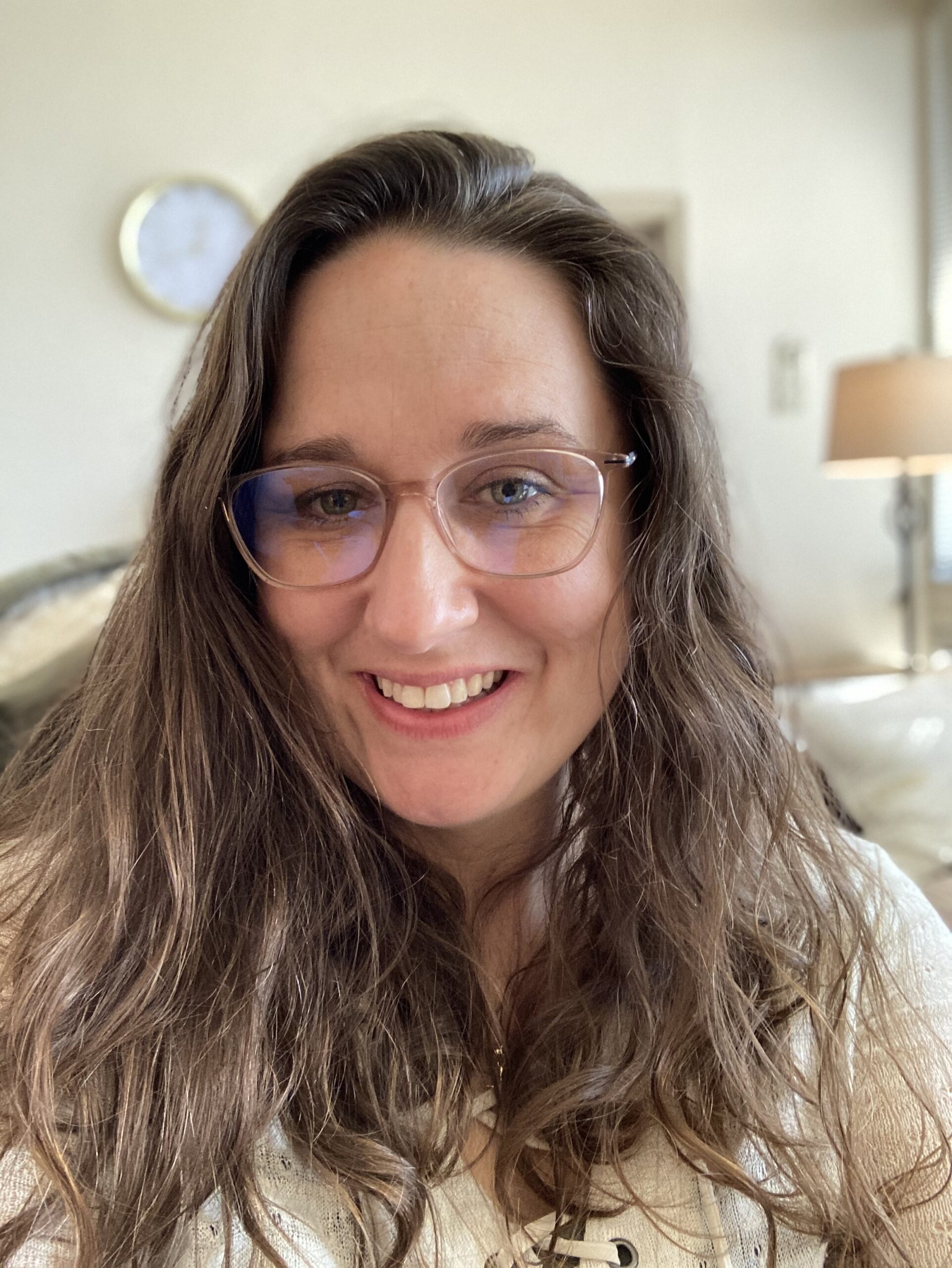
Anne Beem
Anne Beem is a Eugene Bible College alumnus living outside of San Antonio, Texas, with her husband Chuck and their three daughters. She has spent much of her counseling career starting counseling ministries in churches and consulting with pastors in providing soul care to their church members. She is currently an adjunct psychology professor at George Fox University and provides counseling services to ministers and their family members. Anne’s favorite hobbies include friend collecting, traveling, and reading all of the books.
Featured Articles
My Journey: Finding God’s Refuge During Wartime
Published
4 months agoon
February 27, 2025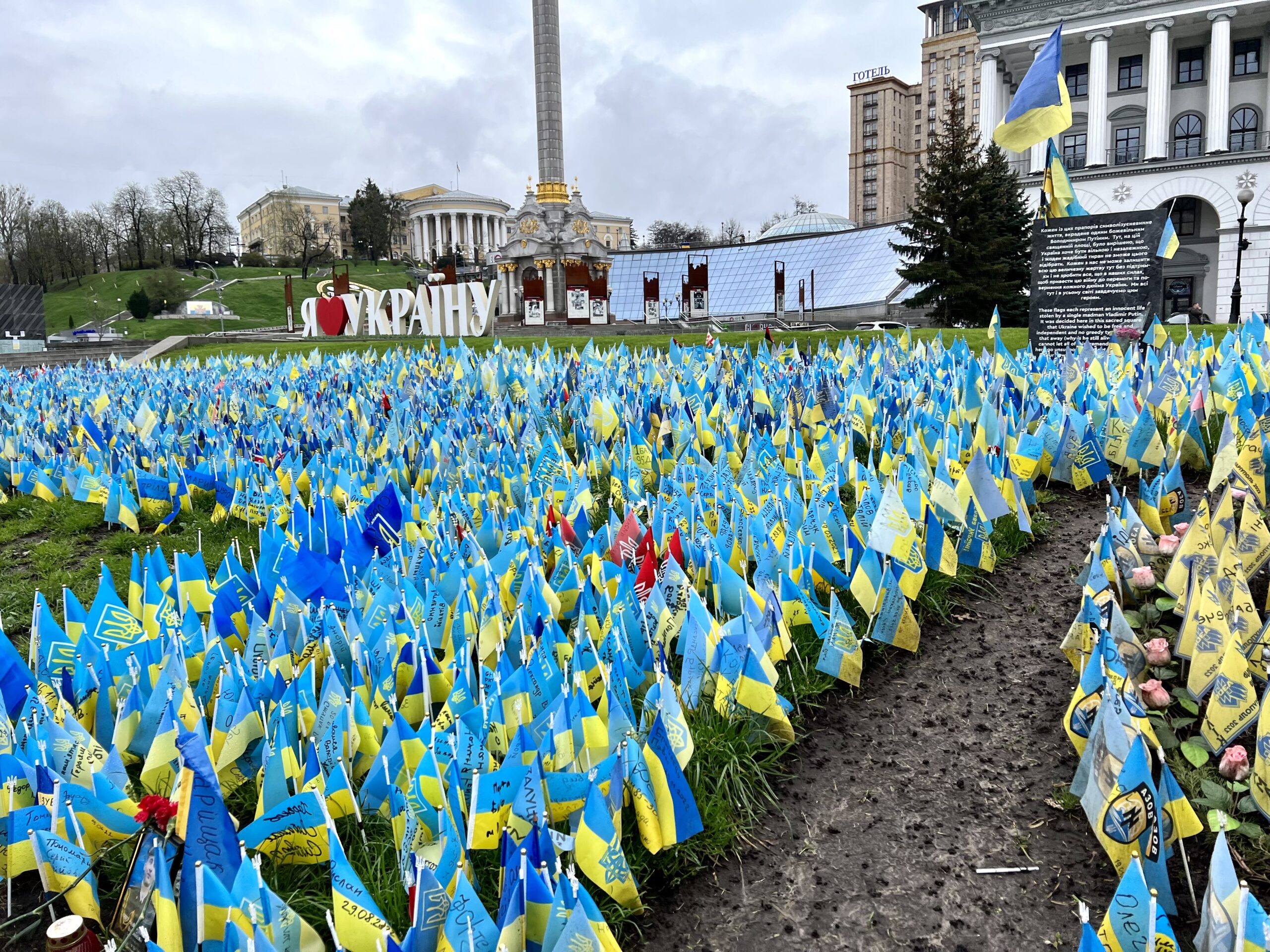
Living and serving in a foreign land involves adjusting to new cultures, languages, and realities. Over my thirty years as a missionary, I’ve faced these challenges in multiple countries and languages. Yet, none of my experiences could have prepared me for the realities of war—its impact on life, ministry, and faith.
I had lived in Ukraine full time for thirteen years when the initial invasion occurred in 2014. The conflict was terrifying but distant from me; over time, I learned to navigate the stress of the threat of violence and the uncertainty that seemed to linger everywhere. But everything changed on February 23, 2022, with the full-scale invasion. Ukraine entered a dark chapter with an unknowable future, and so did I.
… everything changed on February 23, 2022, with the full-scale invasion. Ukraine entered a dark chapter with an unknowable future, and so did I
I spent the first few months of war in the United States. While physically “safe,” my heart remained with Ukraine. I wanted to be with the INSTE community, neighbors, and other loved ones who had become my family, not just because of my love and concern for them but because there is power in presence; there is a powerful ministry of simply being with others in their suffering. Just as God promises in Psalm 91:15 (NIV), “I will be with him in trouble,” I felt compelled to personify that presence for Ukrainians.
Returning to Ukraine in October 2022 meant facing new unsettling realities. Air raid sirens, missile strikes, and weaponized drones are part of daily life. Psalm 91:5 promises, “You will not fear the terror of night, nor the arrow that flies by day,” yet living this truth is challenging. In 2024, attack drones or missiles filled Ukrainian skies every single day and night. Fear is a natural response to danger, yet courage is trusting God despite fear. For me, each step forward, even with a lump in my throat, is an act of faith.
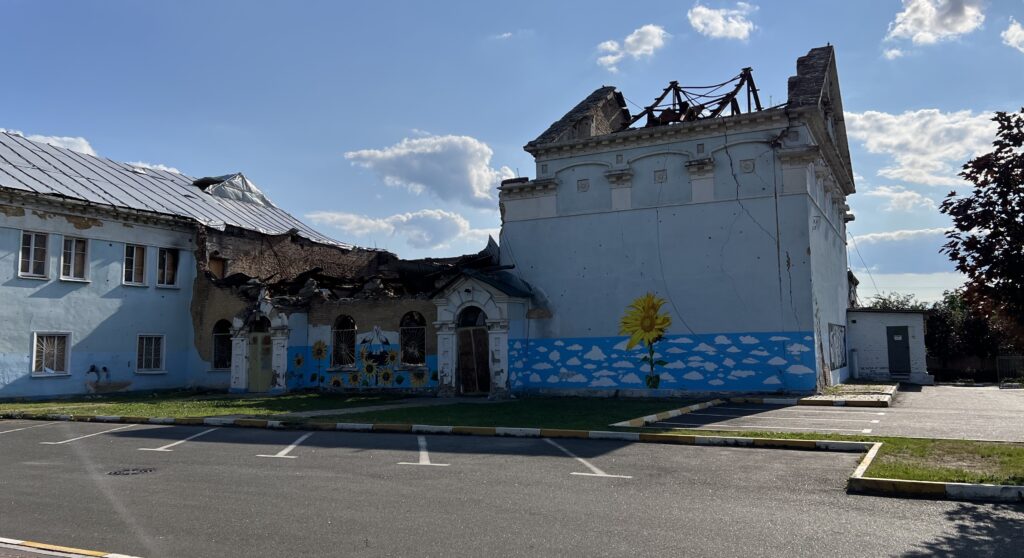
Psalm 91’s promise that God is “with us in trouble” anchors me, helping reconcile the tension between “not fearing” and “doing things afraid.” Fear doesn’t disqualify us from obedience; it’s often the very place where we find God’s will and experience His presence in profound ways.
My main ministry has always been equipping leaders through INSTE Global Bible College, but my focus has shifted during the war. In this season the Lord has allowed me to minister to humanitarian needs of Ukrainians with the help of Open Bible sponsors and a wide network of friends and ministry partners. For independent teen orphans, we’ve provided power banks and lamps for long nights without electricity.
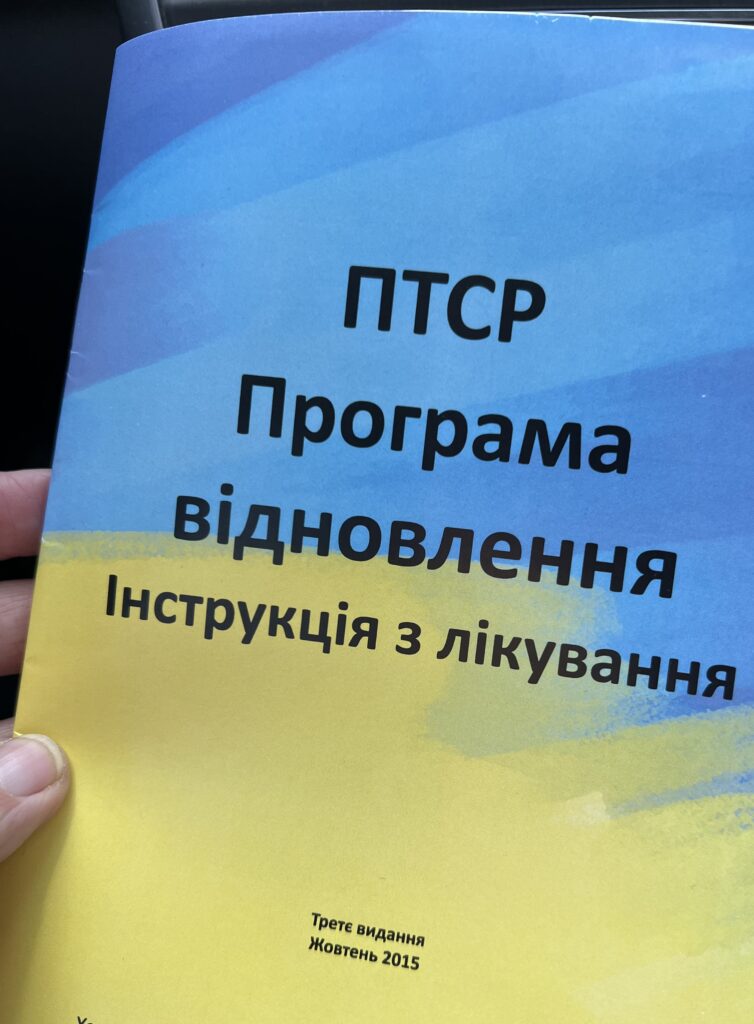
Other times, we’ve purchased medicine for sick neighbors and helped seniors pay for medical procedures. For those along the frontlines, we’ve sent financial aid, clothing, and prayers. We have also translated, printed, and distributed thousands of booklets that teach how to deal with PTSD.
While others deliver large-scale humanitarian aid, my role is one of smaller, personal acts of kindness. In the market, I look for “Holy Spirit nudges” and find struggling grandmothers to bless with money for food, blessing them and reminding them that God sees their need. Each of these actions, though small, serves as a tangible reminder of God’s love and light in dark times.
The human cost of war is staggering. Food insecurity, disrupted education systems, and loss of electricity are all daily problems. Families have been displaced and torn apart, some with children attending school in other countries, others with family members on the frontlines, missing in action, prisoners of war, or buried in a grave. Communities have been shattered and the trajectory of so many lives forever altered. Over the years we have had thousands of INSTE students throughout Ukraine; many of their lives have been dramatically changed by this war.
I witness incredible resilience in the defenders who are outnumbered and outgunned on the front lines, the mothers holding families together, and the children navigating unimaginable loss
Despite this, I witness incredible resilience in the defenders who are outnumbered and outgunned on the front lines, the mothers holding families together, and the children navigating unimaginable loss, including a normal childhood. Their resilience reflects the truth that God has not abandoned them. In their stories, I see glimmers of hope – reminders that even in the darkest times, Light shines. Their resilience inspires me.
It has been difficult to deal with the capture of my godson, Max, a nineteen-year-old soldier, by enemy forces. The pain of not knowing his fate is immense. We pray for his soul. Every Ukrainian has their “Max,” someone whose unknown future brings unbearable heartache.
As I reflect on these years of war, I’m reminded of how deeply it has reshaped my life, my understanding of compassion, and my faith. War has tested me in ways I never expected, but it has also deepened my faith.
Psalm 91 continues to be a comfort: not a promise of an easy way, but of God’s presence. It is in His refuge that I find strength to minister and to believe for His promises. And it is there, even in wartime, that I have found God’s refuge.
About the Author
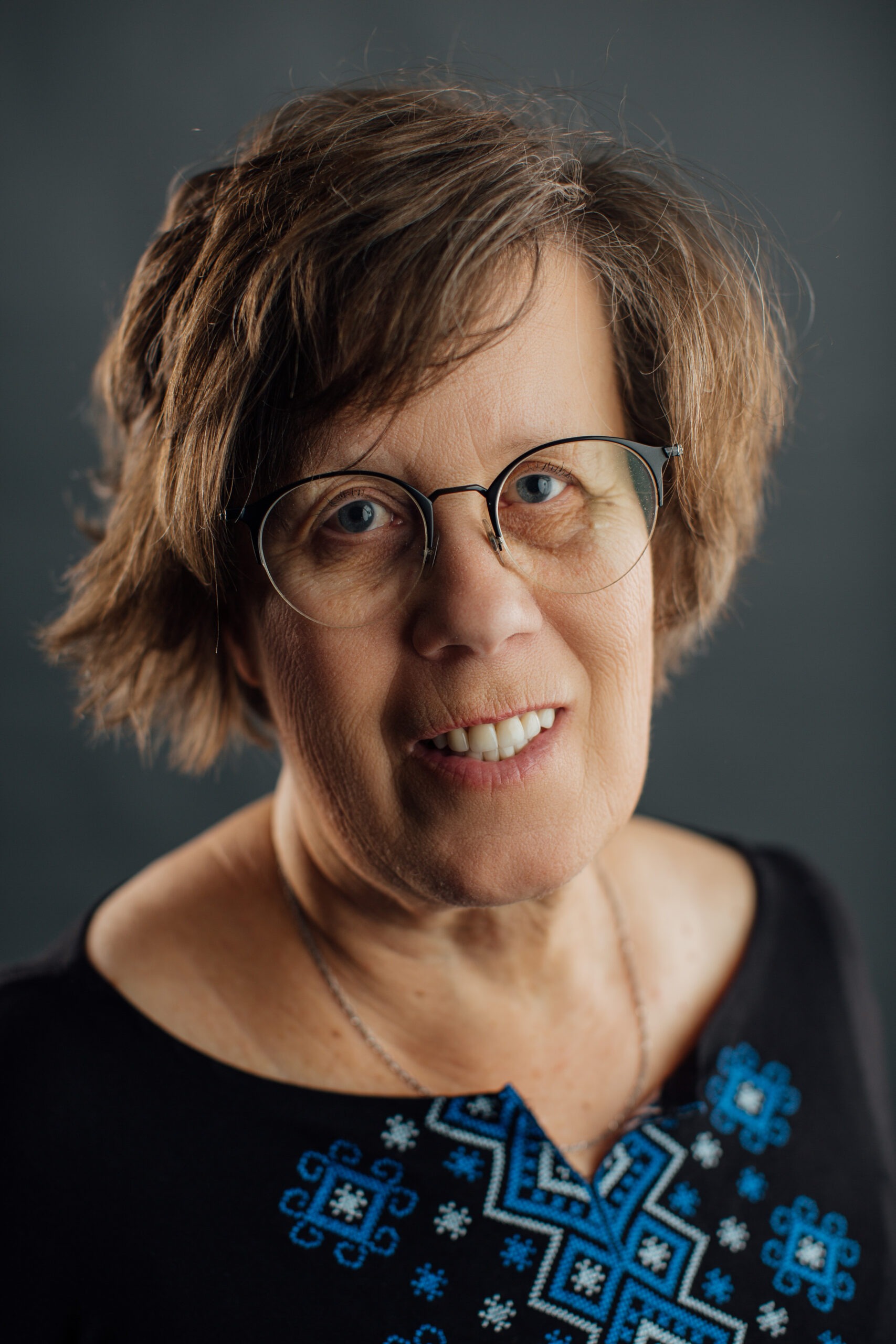
Tammy Swailes
Tammy Swailes is passionate about cross-cultural Christian education, so working with INSTE Bible College to disciple and equip leaders throughout Europe and beyond is a great fit! Tammy has lived in Europe since 1999 – first in Hungary and now Ukraine. Before that, she was in Japan, as well as Spokane, Washington. She now serves as INSTE regional director in Europe, assisting INSTE programs in five languages. Tammy has her undergraduate degrees in both Missions and Christian Education, and a MA in Intercultural Studies. Photography, good coffee, multi-cultural experiences, and the family’s Yorkie are some of Tammy’s favorite things.
Featured Articles
Forever a New Creation: How God Led Me from Refugee Roots to a Life of Mission
Published
6 months agoon
December 20, 2024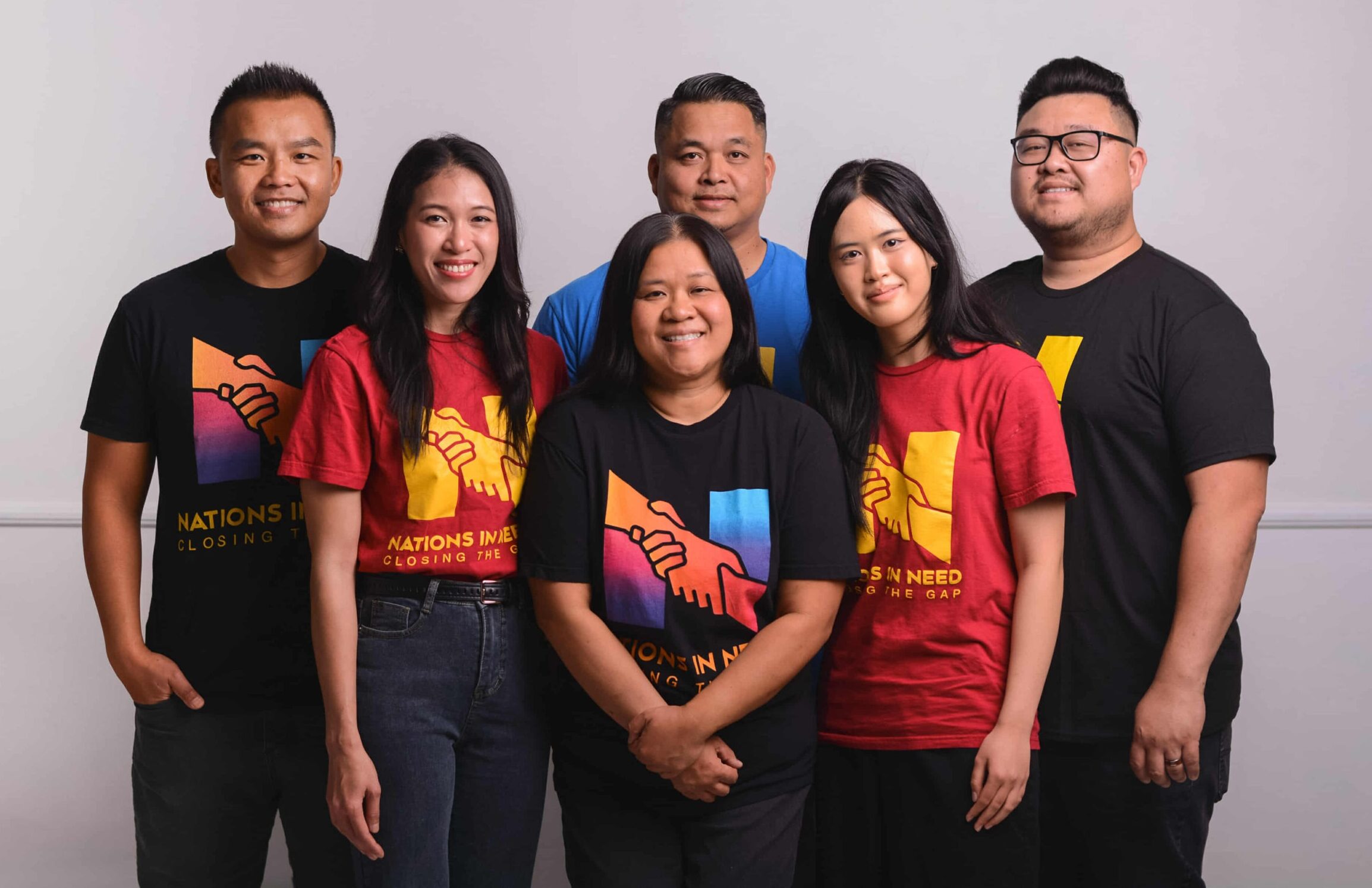
The diaspora of the Tai Dam refugees in 1975 to Des Moines, Iowa, fueled a first generation of Tai Dam Americans adapting to new ways of life, blending language, culture, and embracing the numerous opportunities in the US. I was part of that first generation. Three years after my parents’ settlement in Iowa, I was born and became the first in my family to acquire an American education and step into a church. We were blessed to have Christian sponsors who helped us transition from our homeland to America.
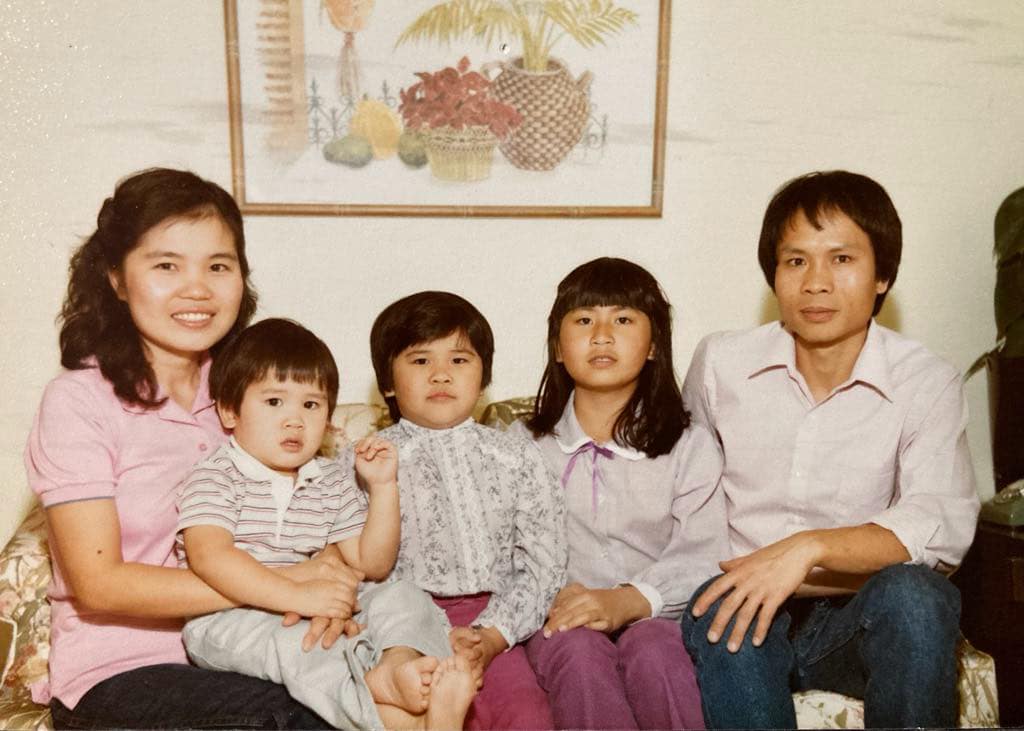
Every Sunday, our sponsors would take me, my sister, and several of my cousins to church service at the First Church of the Open Bible. Naomi Young was one of the many people who was significant in my life; she gave me my first Bible. Through the faithfulness of Naomi and others at the church, seeds of faith were planted as I was told about a man named Jesus who died on the cross for me. I was curious, but I did not understand and did not accept Him into my life at that time. Attending church was short-lived, coming to a halt when I was eight years old. The seed that was planted in me could not grow because it was never nourished with Truth at home. My parents and grandmother believed and practiced animism and ancestral worship, which is the veneration and honoring of the dead. Confusion infiltrated my mind, and my desire to attend church ceased. While I abandoned everything that was taught to me in Sunday school, I always kept my Bible in a special place underneath my pillow because something in my heart could not throw it away.
The seed that was planted in me could not grow because it was never nourished with Truth at home.
When I was twenty-two years old, my cousin took me to a Buddhist temple to have my fortune read. There, sitting in front of me, were three monks. One monk opened his notebook, wrote in it, then read to me my childhood, present life, and future life story up to the time I would turn thirty years old. He then shut his notebook and told me, “I am done.” When I asked him, “Why?” he told me only, “I cannot read you anymore.” That same week I went to a card reader and had my fortune read. Again, he read my childhood, present life, and up to the age I would be thirty, then stopped. I told him, “You are the second person that could not read me past thirty; tell me – do I die?” He quickly gathered his cards, saying only, “I cannot tell you.”
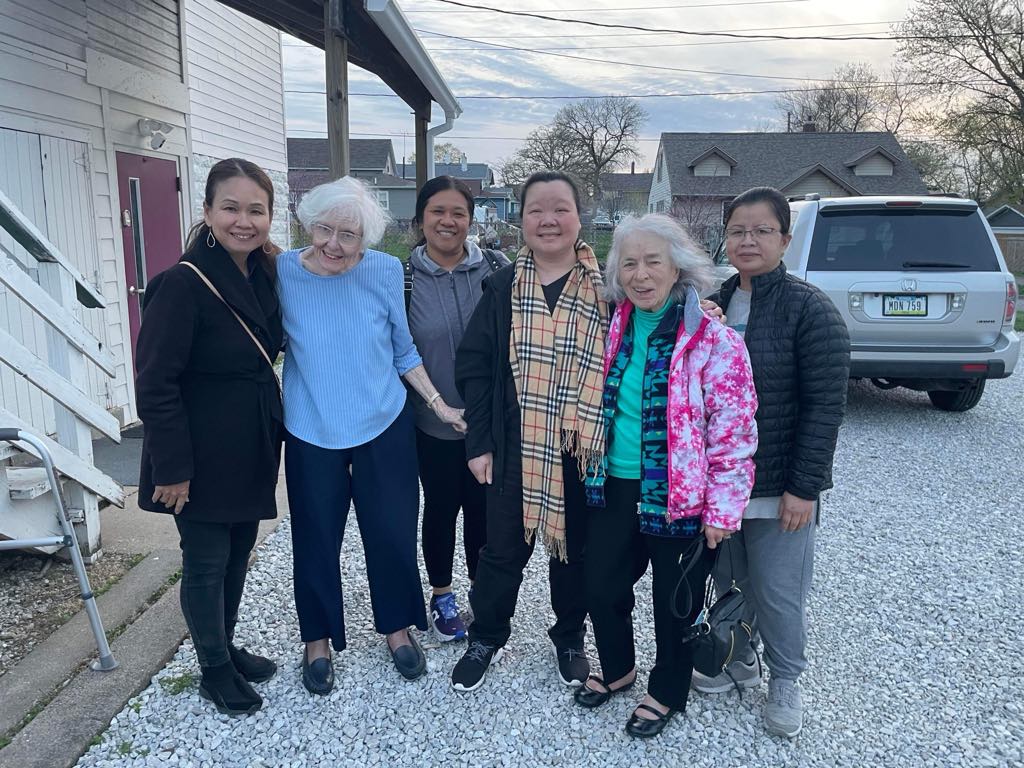
Throughout my adult life in my twenties, I was in an unhealthy, abusive relationship, which led to an alcohol addiction. When I was twenty-six, I became pregnant and had my daughter, Kaylee, on January 31, 2005. God was already working in my life, and I did not know it; He was molding me and reminding me of who He was through the darkest moments of my life. Around that time, I came upon a childhood friend who worked as a cashier at Hy-Vee; she would tell me, “Soukham, God is so good.” Though I resisted, the words she spoke over me resonated in my heart. Not long after, I found myself attending her funeral. Worship and praise were included in the Christian service. I was confused, but a part of me had the desire to know more about the God they said was so good and how through Him there would be no more pain and suffering. When I left the funeral, the Lord continued to reveal Himself to me through divine encounters. In July of 2008, I took a position at Nationwide Insurance where I reconnected with an old high school friend. She invited me to a Thanksgiving potluck at her church, and my walk with the Lord began soon after.
From the Tai Dam little girl who was born in America and met Jesus in an Iowan church, to the woman who is now taking the hope of Christ back to Southeast Asia, His hand has been in every chapter of my story.
I was thirty years old when I accepted Jesus Christ as my Lord and Savior. The verse that will remain with me forever is 2 Corinthians 5:17: “Therefore, if anyone is in Christ, the new creation has come: The old has gone, the new is here!” (NIV).
Now I understand why the monk and card reader could not read my life past the age of thirty. At that age, I became a new creation because of Jesus Christ, and the enemy no longer had a hold on me! Jesus continued to bless me and my daughter. Amid my pain and struggles, God brought a man into my life, my husband Othone (Pong), who became a father to Kaylee. We got married on September 15, 2010. Together the Lord blessed us with two more children, Isaac and Silas. In 2017, the Lord called us to serve in Iowa at Kingdom Life Church (now Kingdom City Church).
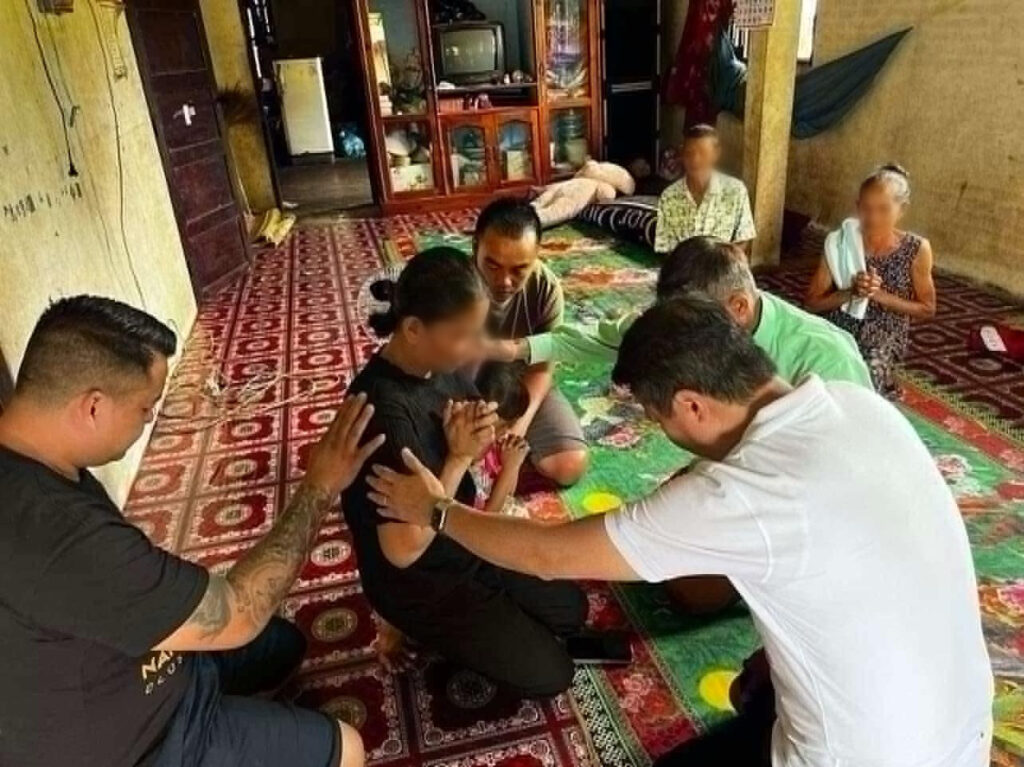
In November 2021, the Lord instilled in Pong’s heart a dream to build a charitable foundation to address needs in the vulnerable communities of Southeast Asia. The foundation would have a Christ-centered vision: to make and equip future disciples, providing them with sustainable resources and empowering them to advance beyond their current situation. Through continuous prayer and the Lord’s guidance, the foundation was born in April 2023 and officially named Nations in Need (NIN). Recently in 2023 and 2024, the Lord took Pong, Kaylee, and three of our brothers, Ap, Peng, and Bay, on trips to Southeast Asia where they built relationships, served the communities, ministered to the people, and spread the good news about Jesus Christ. Today, NIN has branched into multiple communities in Southeast Asia. Through the work of a future center in Southeast Asia, we will expand NIN’s mission and go wherever the Lord leads.
Throughout my whole life God has carried me, even when I didn’t know it. From the Tai Dam little girl who was born in America and met Jesus in an Iowan church, to the woman who is now taking the hope of Christ back to Southeast Asia, His hand has been in every chapter of my story. Whether the next chapter is in America, Southeast Asia, or somewhere else, I will follow Christ, forever His new creation.
About the Author
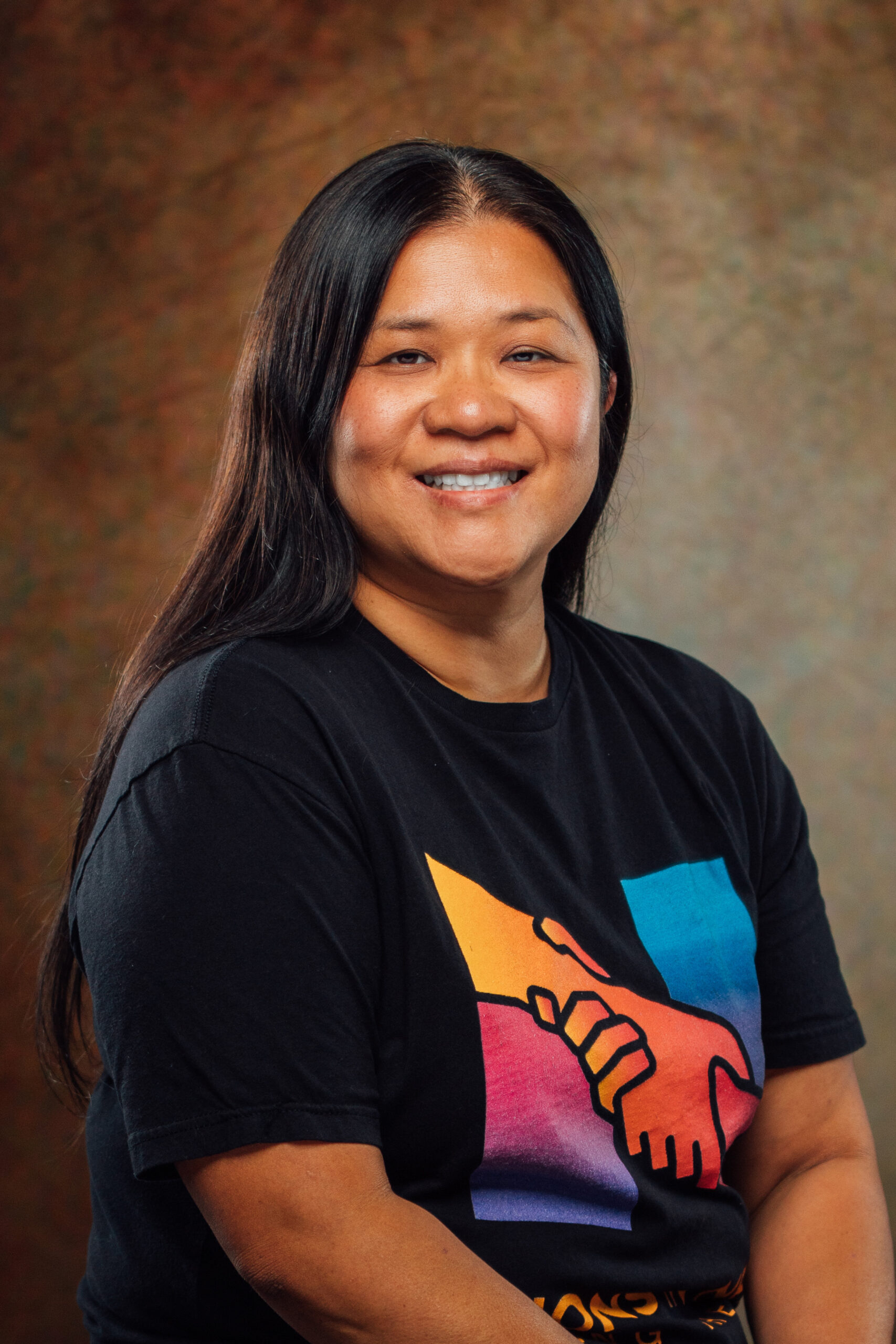
Soukham Khanthavixay
Soukham Khanthavixay and her husband, Pong, are active members of Kingdom City Church in Des Moines, Iowa. They reside in Pleasant Hill, Iowa, with their three children and two dogs. Soukham is a registered nurse at a local county hospital and also works for Nations in Need (NIN), the ministry her husband founded. Her family and ministry team work together to expand the mission of NIN and spread the gospel. To learn more about Nations in Need, follow them on Facebook or Instagram: @nationsinneed.


